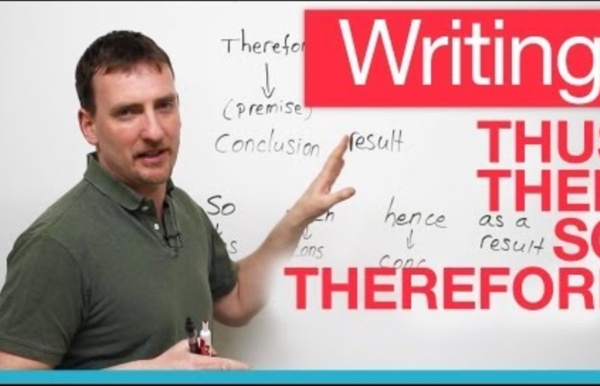



Cause / Effect When people began to question why the death rate of females in certain parts of Africa was so much greater than the death rate of males, they started to look for reasons. Below, are some cause and effect examples of how empowering girls improved the well-being of the people in their villages. Schools for girls were built. Girls had a chance to learn about health and life skills. They didn't want other males in the village to taunt the girls. abduction (N) – being taken away by force; kidnapping avoid (V) – to prevent something bad from happening graduation (N) – the time when a person completes a high school or university degree more likely (Adj) – almost certain pregnancy (N) – being 'with child'; having a child growing inside sanitation (N) – the protection of public health by removing and treating waste, dirty water etc. skill (N) – an ability to do something well, especially because it is learned and practiced / practised valued (Adj) – important, useful
Linking Words in English: Reasons and Results Linking words help you connect the ideas in a sentence. Image source: FreeDigitalPhotos.net Linking words help you connect the ideas in a sentence. Linking Words: Reasons Because / Because of The difference between these two words is that because is followed by a subject + verb, and because of is followed by a noun: The game was canceled because of the rain.The game was canceled because it was raining. In spoken English, many people say ’cause as a short form of “because.” Due to / Owing to Due to and owing to are also followed by a noun. There’s a lot of traffic today due to the upcoming holiday. Due to the fact that / Owing to the fact that Use these phrases before a subject + verb. Many people are still unemployed due to the fact that the economic recovery has been slower than anticipated.The publisher rejected the author’s latest work owing to the fact that the manuscript was full of errors. Since / As Since and as are more informal, and they are followed by a subject + verb. So
Pulp Friction: Conjunctions and Transitions Exercise | Continuing Studies at UVic This is a multiple-choice exercise on using conjunctions and transitions to express cause and effect. Complete the sentence with the best conjunction or transition. Click on the button beside the correct answer. Many species of wildlife are becoming extinct __________ the rainforests are being destroyed. therefore since so consequently__________ logging provides jobs and profits, the government is reluctant to control it.